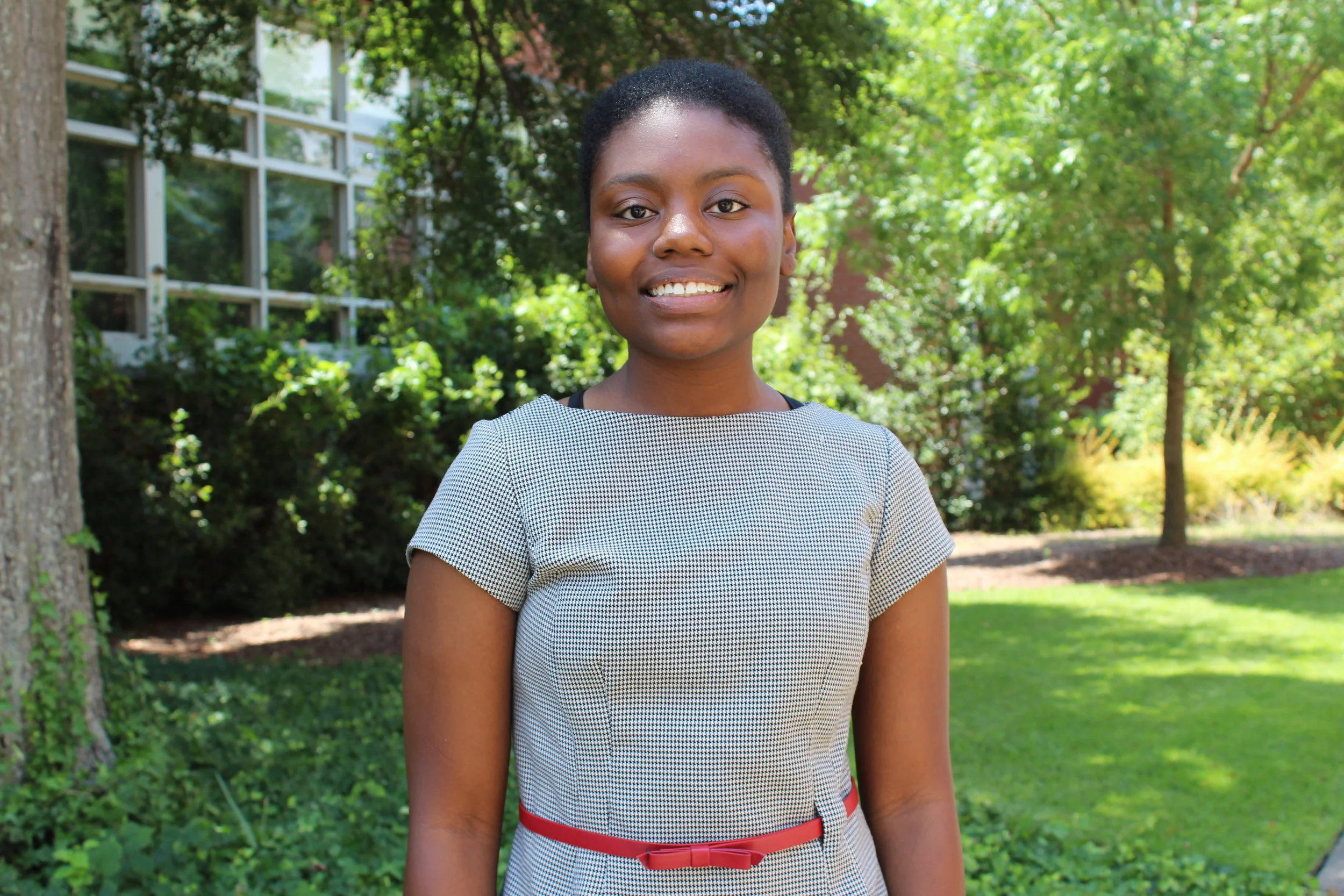Asha is a Self-Advocate
“I feel the job interview process may be a barrier because I’m not neurotypical and may not pick up on certain social cues. But [seeing this as a weakness] would be a mistake because my disability allows me to catch things others might miss.”
At 21 years old, Asha has been an advocate for as long as she can remember. Asha lives on campus at Columbia College; she spends her days in classes and her evenings studying. Even with the busy schedule of a full-time student, she finds time to advocate for people with disabilities and educate others about race, disability, and intersectionality.
Asha’s passion for advocacy is personal. As a child she was diagnosed with Autism Spectrum Disorder, which affects the way she thinks and processes her surroundings, but she’s never once thought her disability would hold her back.
“For me, Autism affects my senses like sight, touch, and sound, and I tend to be good at narrowly focused things like research,” explains Asha. “I like being the way I am even if I struggle with some things, and I love being a part of the disability community.” Asha loves to use disability pride decorations on her dorm room door, laptop, and school supplies as a conversation starter. “People see then ask about them, and a conversation starts naturally.”
Asha became involved with EQUIP, a youth leadership group at Able South Carolina, because she wanted to learn more about ways she can advocate for people with disabilities, educate others, and bring allies together to make social and legal change to create a more inclusive, accessible, and accepting world.
After graduating, Asha hopes to get a research position and wants her future employers to know that while some might think her disability is a bad thing, she knows it is what makes her perfect for the job. “I feel the job interview process may be a barrier because I’m not neurotypical and may not pick up on certain social cues. But [seeing this as a weakness] would be a mistake because my disability allows me to catch things others might miss.”

